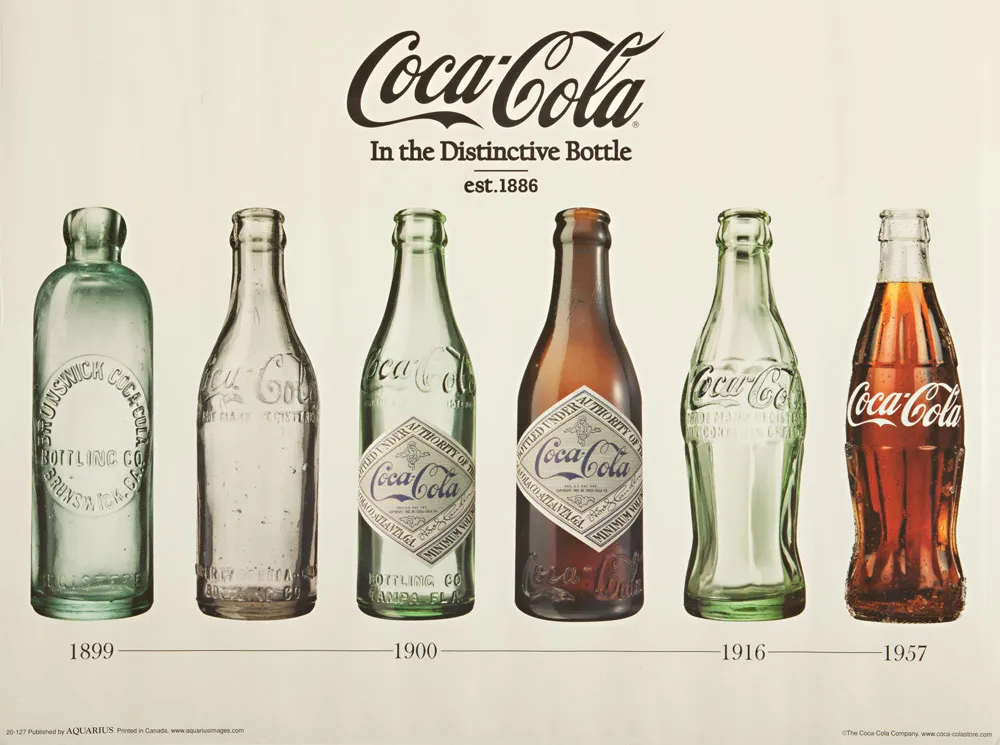Tesla Donates Its Patents To The Public: “All Our Patent Are Belong To You
Tesla Donates Its Patents To The Public: “All Our Patent Are Belong To You
Yesterday, Tesla Motors announced that it “will not initiate patent lawsuits against anyone who, in good faith, wants to use our technology.” It removed all of its patents from its lobby in Palo Alto and says that “applying the open source philosophy to our patents will strengthen rather than diminish Tesla’s position in [the market].” Tesla titled its announcement “All Our Patent Are Belong To You” in a variation of the All Your Base Are Belong To Us Internet meme that you can watch below.
Tesla makes electric cars like its sporty Roadster that has a base model price of $100,000. But with the all-electric and even hybrid market still struggling to gain footing against cheaper gas alternatives, Telsa hopes that promising not to sue for patent infringement will spur competition and demand.
Tesla’s promise is vague and leaves open some questions. It won’t sue someone who develops an infringing technology but that doesn’t mean Tesla is adopting an open source model. In true open source, people and companies open their technology vault. Tesla, however, is not making its blueprints, drawings, chemical compounds, circuit diagrams, computer code, etc. freely available to anyone. In fact, according to a Forbes article, Tesla is currently in talks to license its technology to BMW, a license that BMW would not need if Tesla just gave its technology away.
And Tesla is taking advantage of its IP rights in other ways. A TIME article got it wrong when it said, “Tesla wants to share its secret sauce with everyone.” Gas 2.0 made an even more egregious error when it said “With Tesla having the best battery packs in the business, opening their trade secrets could be a major boon to the EV world.” Tesla is not in any way giving away its secrets related to its technology. It merely agreed not to sue for infringement of the 160 patents it currently owns.
Trade secrets, such as the Coca Cola recipe, can often be more valuable than patents. The government awards a patent on the premise that you publicly display your idea in exchange for a 20-year monopoly. Society at large benefits by (1) the limited 20-year protection and (2) the innovation that other inventors must undertake to avoid the publicly disclosed patent. Trade secrets, in contrast, are never made public and thus are the opposite of open source.

A trade secret has its own risks but also some rewards. A trade secret, unlike a patent, never expires. Ever. A company can keep a trade secret monopoly going indefinitely. So far, that’s worked well for products like Coca Cola and WD-40 that dominate their markets. If Coca-Cola had revealed its secret recipe in a patent under the current law, the patent would have expired in 1886. The trade secret risk, however, is that if someone reverse-engineers the secret, it’s theirs. Also, if the secret ever becomes public through some disclosure, the trade secret protection expires. And even if someone figures out a trade secret independently, there is no way to prevent their use of the secret.
Tesla is not the first company to promise not to sue under its patents. In 2005, IBM dedicated 500 patents to the open source community. Sun Microsystems gives away patents and Google keeps a running list of patents it will not assert.
How this plays out remains to be seen but if it puts a Tesla Roadster in my driveway sooner, I applaud it.
If you have questions, contact me.
If you want IdeaEsq delivered to your inbox, sign up for the daily or monthly newsletter.
